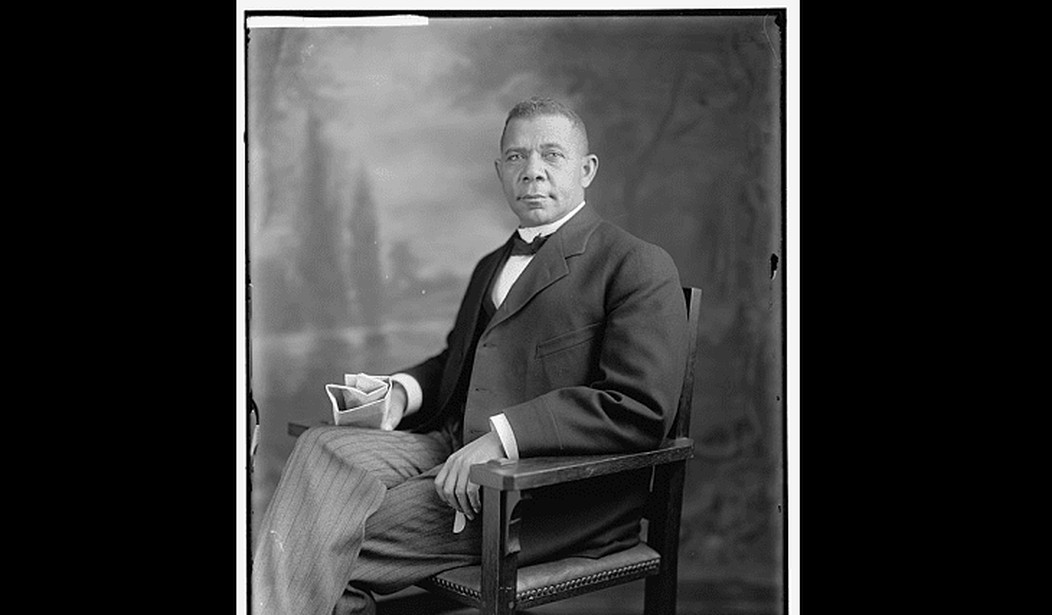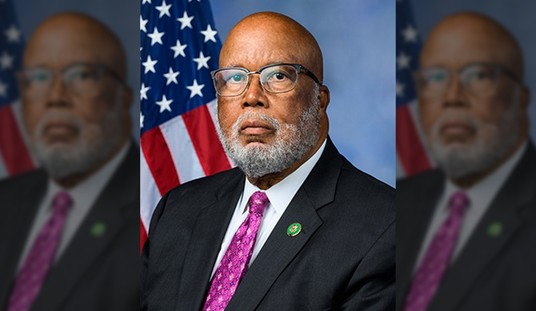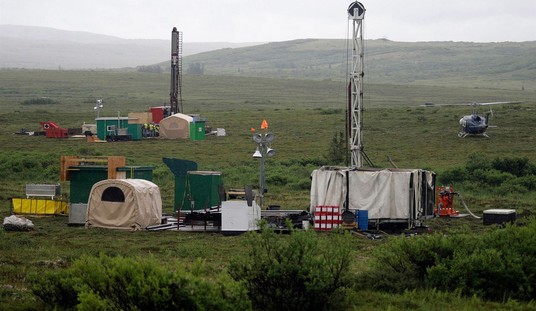
Pro-Basketball legend, sports commentator, and entrepreneur Charles Barkley caused a stir on Saturday at the conclusion of the Final Four.
During Saturday’s March Madness coverage on CBS, former NBA All-Star and current commentator Charles Barkley, who’s not known for being an intellectual heavyweight, made some rather astute comments about the state of political and racial division in the country. He was spot-on, so look for him to be canceled any day.
While many agree with our managing editor, there are those who, for whatever reason, consider Barkley’s comments incorrect and geared to build up the “white supremacist” structure… whatever that is.
Watch Charles Barkley Incorrectly State The American Political System is Set Up to Make White & Black People Hate Each Other; Truth is The System is Set Up to Keep White Supermacy in Power & Stop Black People From Gaining Any Power or Wealth (Vid-Tweets) https://t.co/eapggjqr0x pic.twitter.com/EIqVHlfcwS
— Robert Littal BSO (@BSO) April 4, 2021
Dear Charles Barkley,
You know how I know that what you said about race was really stupid and elementary and some Mickey Mouse Simple Simon both sides bullshit? Because everyone who agrees with you is a trash-ass Trump supporter.
— Jason Overstreet 🩸🦷🗽 (@JasonOverstreet) April 4, 2021
Barkley is not wrong, and I align with my colleague Jeff Charles. What exactly is most upsetting to these folks about Barkley’s comments: that he refuses to view life through the lens of “the white folks are out to get me!” or his calling out politicians on both sides for fomenting racial tension?
People are big mad at Charles Barkley for his comments on race.
But which are they most upset with…
Him saying that most people, black and white, are decent folks?
Or
Criticizing politicians on both sides for driving racial tension? pic.twitter.com/QRUUm8GOgw
— Jeff Charles The Texas COVID Ghost (@JeffOnTheRight) April 4, 2021
Coincidentally, today is Booker T. Washington’s 165th Birthday: he was born April 5, 1856. In a time when racial disparities and tension were the real deal, rather than so much of this manufactured nonsense, Washington made this controversial statement in his 1911 book, My Larger Education.
“There is another class of coloured people who make a business of keeping the troubles, the wrongs, and the hardships of the Negro race before the public. Having learned that they are able to make a living out of their troubles, they have grown into the settled habit of advertising their wrongs — partly because they want sympathy and partly because it pays. Some of these people do not want the Negro to lose his grievances, because they do not want to lose their jobs.”
Washington described them as “problem profiteers”, and it is interesting that Booker and Barkley saw this so clearly. There are some people for whom it is more important to drive their agenda than it is to actually get things done and solve problems. If work is accomplished and problems are resolved, it means those profiteers can no longer earn their prestige or dollars. Both Booker T. Washington and Charles Barkley are the latter. Our political class and much of our legacy media are the former.
Like Barkley, Washington was about excellence and uplift, and for Washington’s time, this was a difficult road. While he encouraged trade skills as a way for Blacks to progress, he fought tooth and nail for his education: the ability to read, write, and THINK.
From History.com:
In Malden, Washington was only allowed to go to school after working from 4-9 AM each morning in a local salt works before class. It was at a second job in a local coalmine where he first heard two fellow works discuss the Hampton Institute, a school for formerly enslaved people in southeastern Virginia founded in 1868 by Brigadier General Samuel Chapman. Chapman had been a leader of Black troops for the Union during the Civil War and was dedicated to improving educational opportunities for African Americans.
Barkley’s story is not dissimilar.
According to Players Bio:
Barkley’s childhood wasn’t all rainbows and butterflies. He grew up poor with his mother, stepfather, and siblings. His stepfather was killed in an accident when he was 11 years old.
Born in a segregated town in Alabama, he was the first black baby born in an all-white hospital. Additionally, he was also one of the first black students to study in an integrated elementary school. This caused angry white people to gather outside the school, and his grandmother had to escort Charles to school with a pistol in a purse.
Charles’s mother, Charcey, worked for white families cleaning houses and cooking and had two to three jobs. Charles had to take care of his younger brothers. Charcey would bring their kids to works when she couldn’t afford a babysitter and would do some yard work, which he was paid for.
Charles attended Leeds High School standing 5 feet 10 inches tall and weighing 114kg (225 pounds) as a junior. Although he failed to make it in varsity, he was named as a reserve. Remarkably, he grew to 6 feet 4 inches during summer and earned a spot for starting position on varsity as a senior.
Apparently, Barkley wasn’t a standout pick in college, and even when he made it to the NBA he wasn’t considered a standout player.
Despite being shorter than the average center, his energy and enthusiasm earned him a spot in the center position. During his college time, he gained fame as a crowd-pleaser who would excite his fans with dunks and blocked shots regardless of his height and weight.
In 1984, Barkley was a First Round draft pick for the Philadelphia 76ers.
Barkley spent eight seasons with Philadelphia. Moreover, he gained an enormous amount of fame and was one of the few NBA players to have an action figure produced by Kenner’s Starting Lineup.
Barkley also won two gold medals as part of Team USA at the 1992 and 1996 Olympic Games. After 8 seasons with the 76ers, Barkley went on to play for the Phoenix Suns, and then the Houston Rockets, before moving into post-NBA life as a sports commentator.
So Barkley and Washington embody a powerful work ethic and an insatiable drive that sadly, is lacking in much of what is touted as “success” today. Instead of upping that quotient, some would rather blame a generation of Blacks’ lack of success on racism.
How far we have fallen.
There is also inherent talent in both Barkley and Washington coupled with a fierce intellect. But Barkley’s and Washington’s work ethic, drive, and determination to transcend beyond what life had handed them is the foundational strain in both men’s legacy.
Bottom line, both men encourage us to: Get our own. Then, OWN it. Then, BUILD wealth and legacy through it.
My people still have not exploited these lessons to their full extent. We’re still fighting the battles that W.E.B. Du Bois waged and that Dr. Martin Luther King, Jr. and many others fought and won. Both should capture our attention, and where we have allowed that legacy of civil rights to erode, we need to shore it up. But what I most find is a fixation that no progress has been made. When someone like Barkley points out this is not the case and that certain actors are invested in ensuring we stay divided, his premise is questioned and marginalized, rather than examined for its veracity.
Washington had this to say in his autobiographical novel, Up From Slavery, page 103.
I said that the whole future of the Negro rested largely upon the question as to whether or not he should make himself, through his skill, intelligence, and character, of such undeniable value to the community in which he lived that the community could not dispense with his presence.
Barkley and Washington saw their worth, fought to invest and build that worth and acquire wealth, and continue to leave a legacy of professional and racial progress for others to follow.
What have we done lately?















